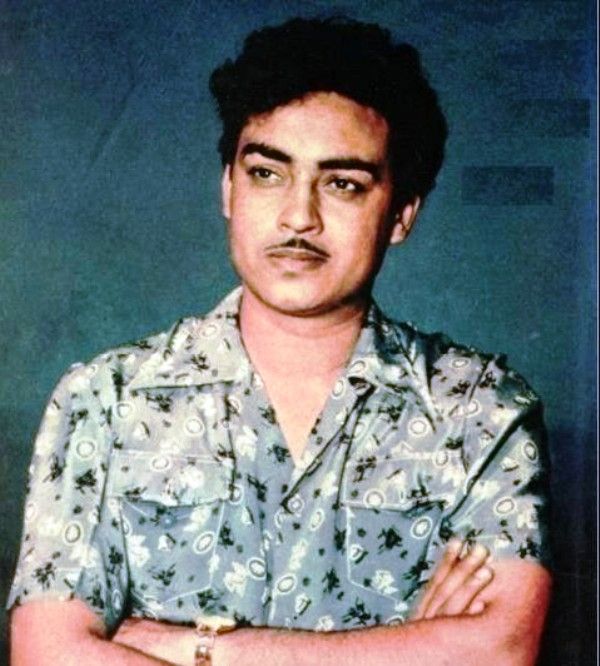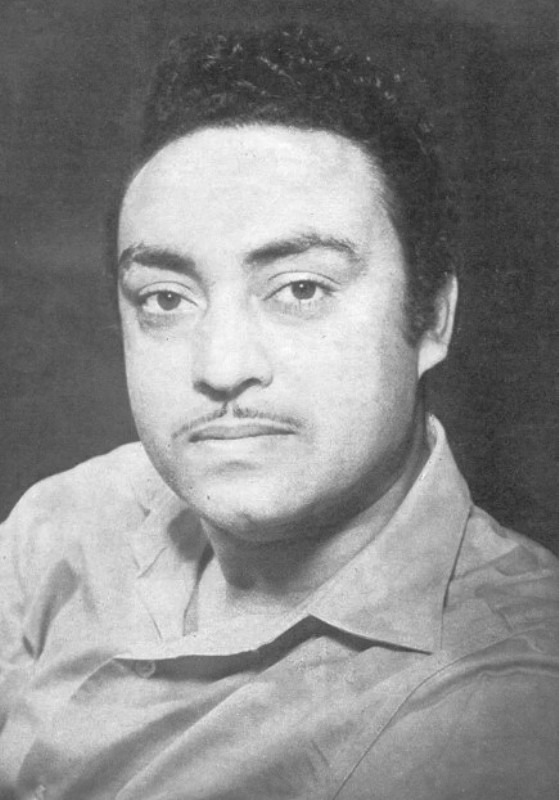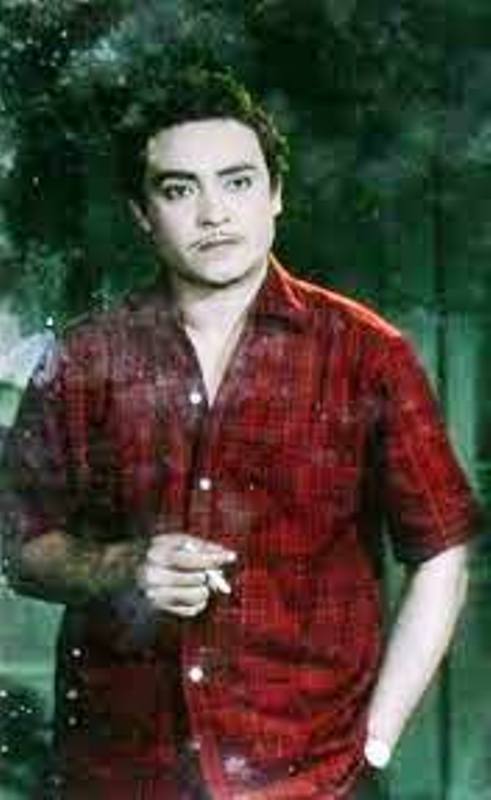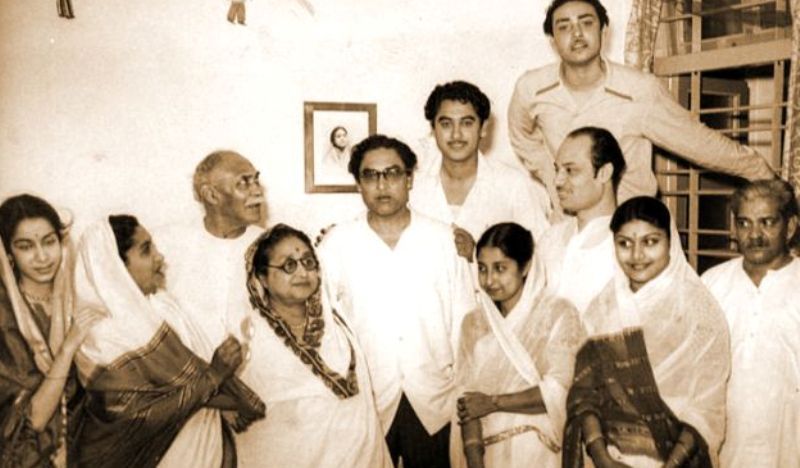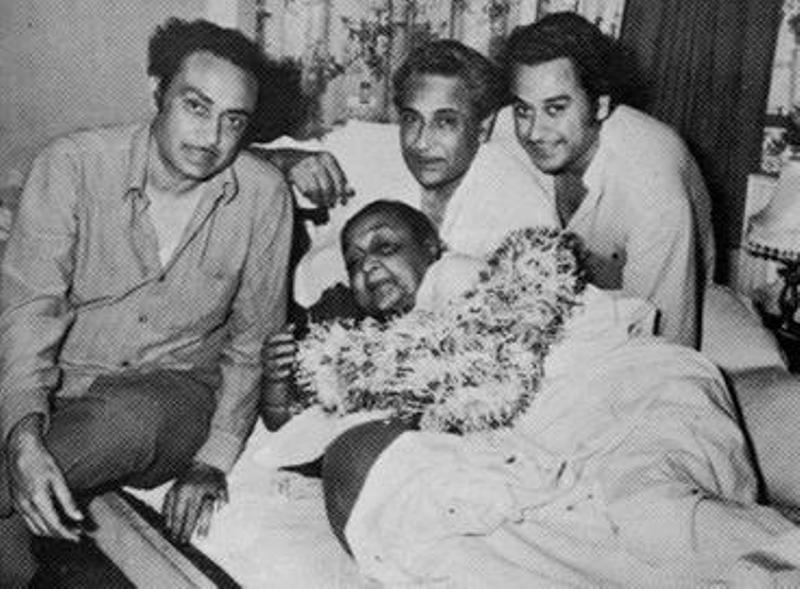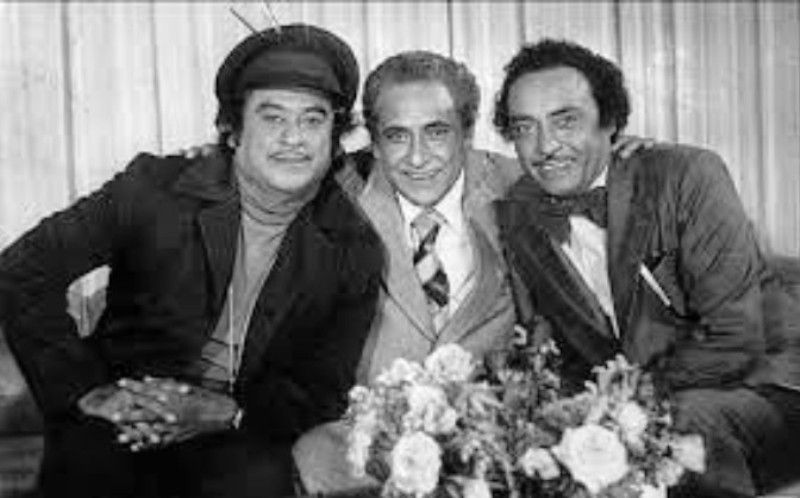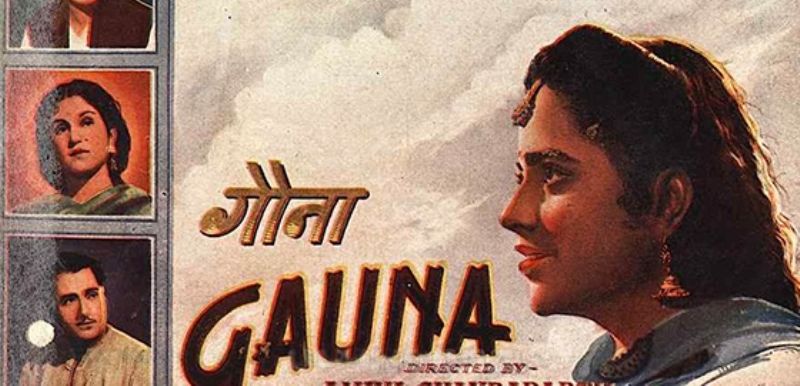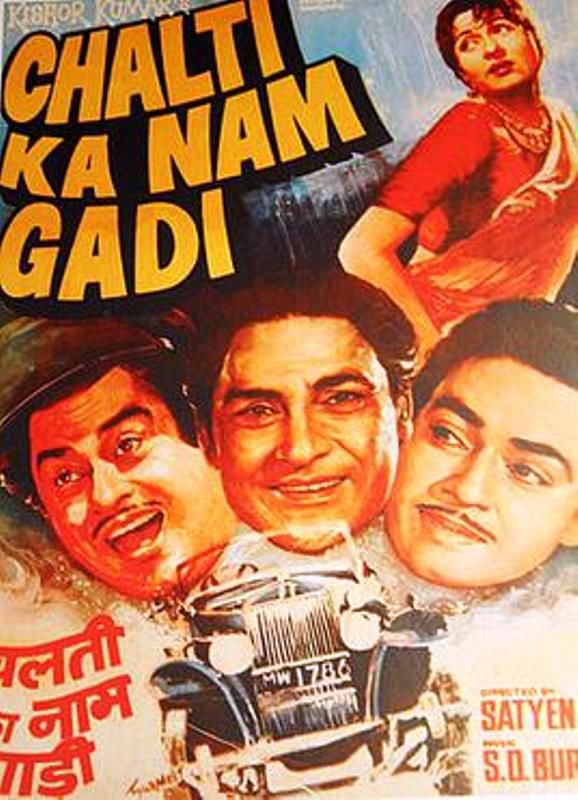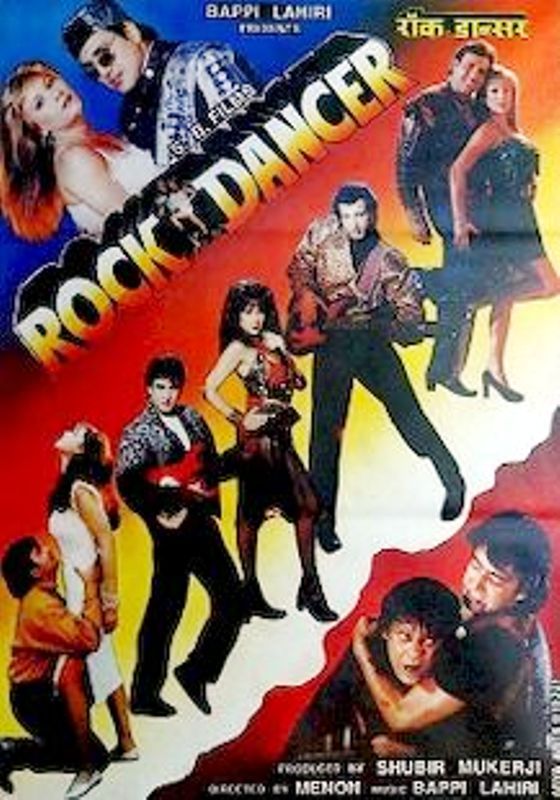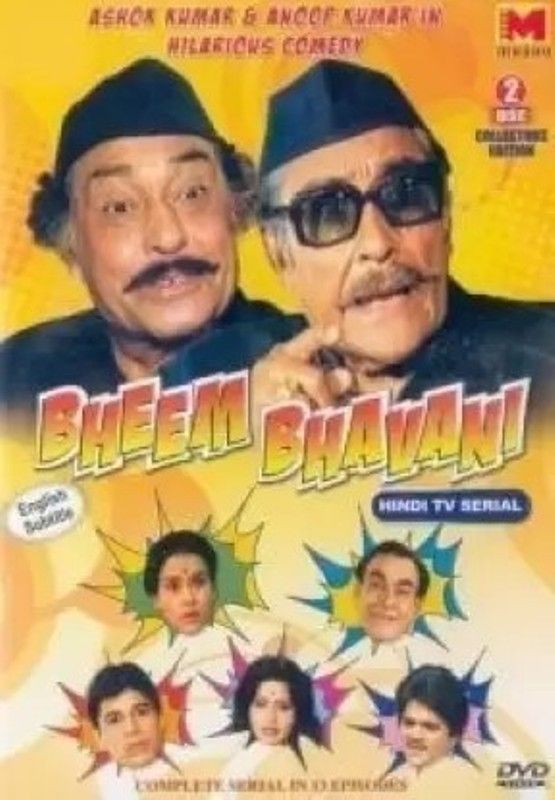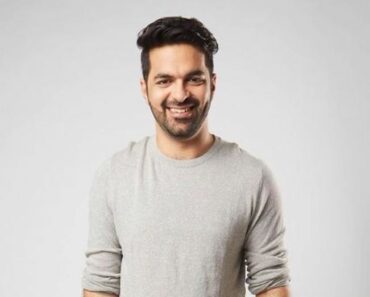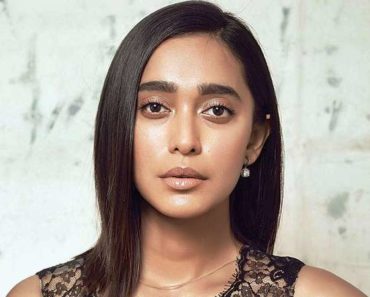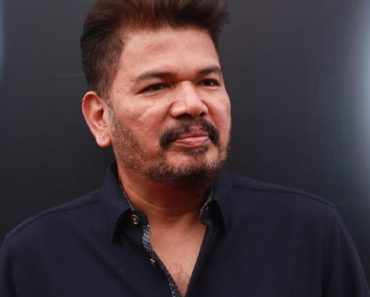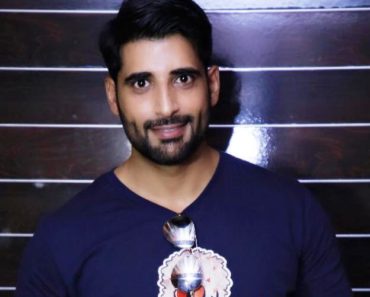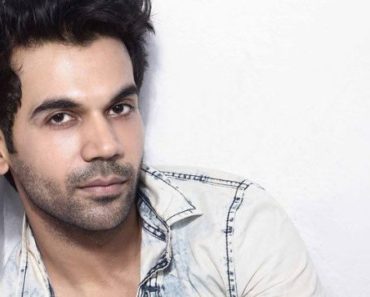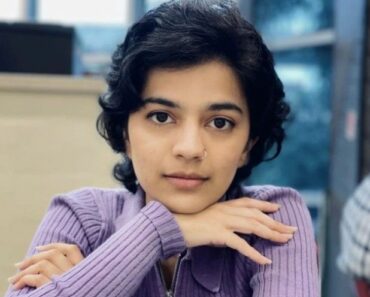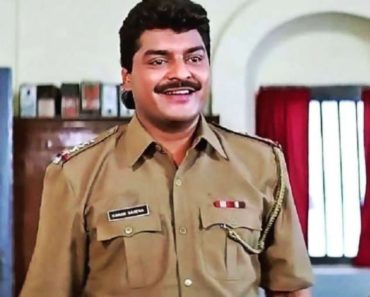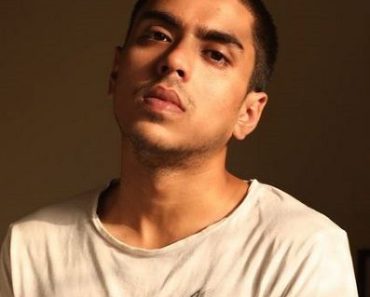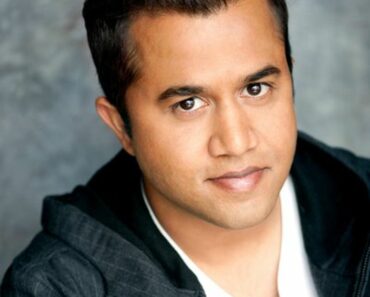Anoop Kumar (1926-1997) was a Bollywood actor. His real name was Kalyan Kumar Ganguly. From 1950 to 1993, he acted in over 70 films and a few TV serials. He is the brother of legendary Indian actors and singers Ashok Kumar and Kishore Kumar. He lent his voice to a few songs as well. He died in 1997 following a severe cardiac arrest.
Contents
Wiki/Biography
Anoop Kumar was born on Saturday, 9 January 1926 (age 71 years; at the time of death) in Khandwa, Central Provinces and Berar, British India (now Madhya Pradesh, India). His zodiac sign is Capricorn. He pursued a Visharad and also learnt the skill of yodelling in singing. His alma mater was Indore Christian College. His other two brothers also studied here. [1]Mumbai Mirror
Physical Appearance
Height (approx.): 5′ 9″
Weight (approx.): 70 kg
Hair Colour: Black
Eye Colour: Black
Family
Anoop belonged to a Bengali Hindu Ganguly family in central India.
Parents & Siblings
Anoop’s father, Kunjalal (Gangopadhya) Ganguly, was a lawyer. His mother, Gouri Devi, was a homemaker. Anoop had three siblings, two brothers, Ashok Kumar, and Kishore Kumar, and a sister, Sati Devi.
Wife & Children
Anoop was married and had 5 children. His daughters’ names are Chandra Sanyal, Anjali Lahiri, and Indrani Mukherjee, and his son’s name is Arjun Kumar.
Career
Film
Anoop came to Mumbai in the late 1940s and settled with his elder brother Ashok Kumar, who was an actor. Anoop debuted in Bollywood in 1950 with the film ‘Khiladi’. He then played a lead role in the film ‘Gauna’ (1950) and ‘Vidyasagar’ (1950). In 1957, he got a breakthrough in ‘Dekh Kabira Roya.’ It was a romantic comedy movie produced by Amiya Chakrabarty in which he played the lead role of Mohan.
He worked in a Bengali movie, Lukochuri (1957), in which Kishore Kumar played the lead role. Anoop Kumar became popular after he appeared in the 1958 Bollywood film Chalti Ka Naam Gaadi alongside his brothers, Ashok Kumar and Kishore Kumar. It was the second-highest-grossing film of that year and made a box office collection of around Rs. 2.5 crore. In 2007, its Marathi remake titled Saade Maade Teen was released.
He then worked in several hit films such as ‘Junglee’ (1951), ‘Kashmir Ki Kali’ (1962), ‘Aansoo Bane Fool’, ‘Prem Pujari’ (1969) etc. His last film was ‘Rock Dancer,’ which was released in 1995; the film starred Govinda, Shammi Kapoor, and Javed Jaffrey.
Television
In 1990, he made his television debut with Doordarshan’s detective serial ‘Bheem Bhawani’ alongside his brother Ashok Kumar. Apart from this, he also worked in ‘Dada Dadi Ki Kahaniya’ and ‘Ek Raja Ek Rani.’
Singer
Anoop was the only brother among the three who studied music. He lent his voice to two songs, ‘Do Dino Ki Hai Kahani’ and ‘Allah Khair Rabba Khair,’ for the film ‘Hum Do Daaku,’ produced by Kishore Kumar.
Death
Anoop Kumar died on 20 September 1997 after he suffered a 4th heart attack in Aryogyanidhi Hospital, Juhu, northwest Bombay. He is survived by his 5 children.
Facts/Trivia
- In 1982, he was nominated for the Filmfare Awards for Best Comic Actor for ‘Chalti Ka Naam Gaadi.’
- Anoop Kumar loved Sitar’s recitals. [2]The Indian Express His daughter, in an interview, talked about this and said,
Anoop Kumar was very fond of sitar recitals and whenever he could, he would always take her mother to a sitar concert.”
References
| ↑1 | Mumbai Mirror |
|---|---|
| ↑2 | The Indian Express |

